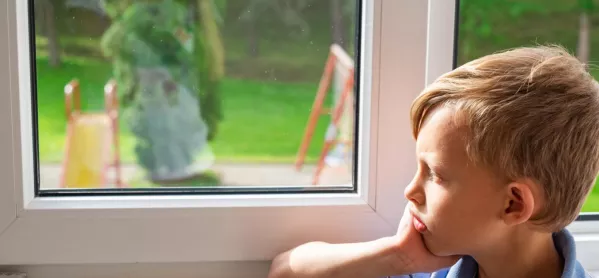Ofsted’s chief inspector has said schools have been unable to prevent a “epidemic of demotivated children” during the national lockdown.
Amanda Spielman told the Association of School and College Leaders’ annual conference today that even the most hard-working children had lost motivation over time during remote learning.
But she said a great deal of progress has been made on remote education compared with the first lockdown in 2020, when she warned that the “national picture was very uneven”.
Ofsted: Blended learning presents a challenge to teacher wellbeing
Watchdog: Ofsted sets out challenges created by remote learning
In full: Online learning - what the DfE expects of teachers
Ms Spielman said that although schools have been setting higher expectations during the most recent lockdown, home learning cannot replace the classroom “however hard teachers try”.
She said: “It was a necessary stop gap, but one that reinforced just how important it is for children to be in school - for academic, social and health reasons.
Ofsted chief: ‘The biggest challenge has been pupil motivation’
“We all recognise that some children didn’t have access to technology, or even a quiet space at home to learn.
“Children with SEND struggled without their usual support services, making it harder to access the curriculum at home.
“But for all the focus on access to remote education, perhaps the biggest challenge in all this has been motivation.
“And some parents simply had more time and capacity than others to help children get down to their schoolwork. As you told us on our visits this term, a significant minority of children just haven’t been engaging.
“With the best will in the world, schools haven’t been able to avert an epidemic of demotivated children. Heads have told us that even the hardest-working pupils lost enthusiasm as time went on.
“Remote education requires great self-discipline - and that’s something that home-working adults struggle with, let alone children.”
However, she said the Covid crisis has meant schools now have stronger approaches to remote education for those who need to learn at home,- such as those with long-term illnesses.
Ms Spielman also highlighted how parent-teacher interaction has been well-served by technology and that many parents are probably more engaged with their children’s education now than ever before as a result of the lockdown.
“That could mark the beginning of stronger and more constructive partnerships between teachers and parents,” she added.
